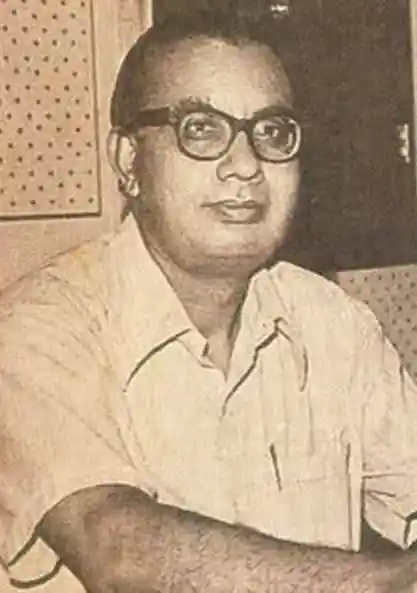In Khusro’s Steed
A language that finds a special place in the culture of the subcontinent, Urdu was gifted with a gem today in 1927. A poet with a twist, Ibn-e-Insha was one of the best during his times.

Not as serious as he seems; Source: Goodreads
He visits my town once a year.
He fills my mouth with kisses and nectar.
I spend all my money on him.
Who, girl, your man?
No, a mango.
This is Keh Mukarni of Amir Khusrru, one of the greatest cultural figures of medieval time. This genre of poetry is written as humorous conversations between two women. While Khusro, a Sufi saint, was known for his beautiful spiritual compositions and historical accounts, he did not shy away from writing fun stuff like riddles and Keh Mukarni.
In modern times, this legacy of Khusro was carried forward by Ibn-e-Insha, a poet known for his versatility.
Born on 15 June 1927 in Jalandhar’s Phillaur as Sher Muhammad Khan, his Urdu compositions went to inspire an entire generation of poets and found a place in the hearts of admirers of the language. While Insha completed his bachelors in India, his masters was done from Pakistan as his family shifted there after the partition.
Ibn-e-Insha was a man of words. Not just a poet, he spent his life doing more than what a typical poet does. He worked with Radio Pakistan, served in the United Nations, and travelled around the globe writing humorous but insightful travelogues.
In all his pursuits, his attachment with Urdu and its versatility shone out.
The language might be associated with court culture and the elite, but Insha’s poetry and Ghazals centred its narrative around the common man. Being a member of the Progressive Writers’ Movement, his work also had bold commentary on the wretchedness of society.
His Punjabi roots and ties with this organisation made him good friends with many Indian masters of the pen. In fact, Insha also lived together with Sahir Ludhianvi in Lahore for some time.
Not a traditionalist restricted by the boundaries of literature but an admirer of traditional elements, his poetry was a constant work of art.
His humour was top-notch, submerging the reader in delight. In many ways, Insha’s security and playfulness was an ode to Khusro.
By the time he left this world on 11 January 1978, he was an established name of Urdu literature. The bulk of poetry, ghazals, and travelogues that Ibn-e-Insha produced continue to be a golden standard for many emerging poets.


